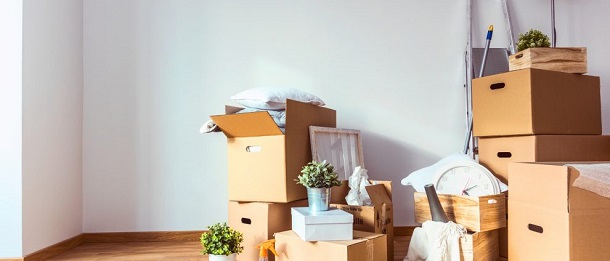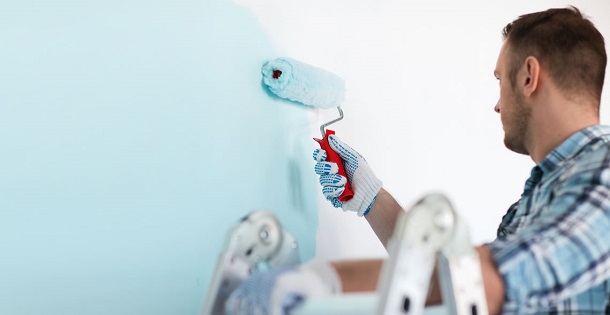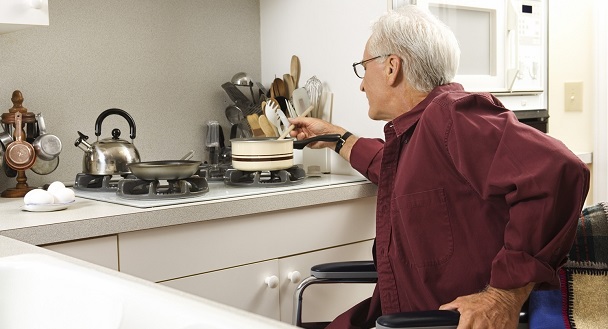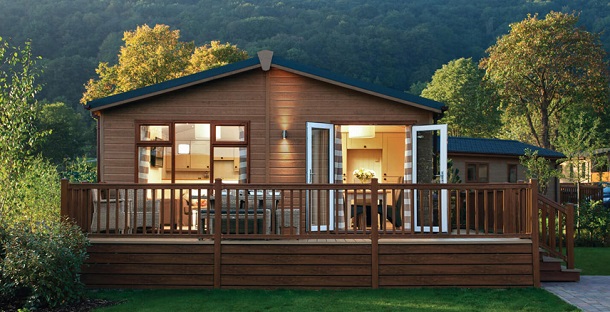
At some point in your lifetime, the chances are you will have to downsize your home for one reason or another. Whether your children have all flown the nest and you no longer need such a big property, or you’re relocating to a more expensive area and can only afford a smaller home, you will need to spend some time preparing for your new space.
Moving into a smaller home can be a daunting process, and it can be difficult to know how to reduce your belongings to fit and how to organise your new cosy property. We’ve prepared this handy guide for everything you need to know on how to successfully downsize your home and a few top tips to follow along the way.
Choosing Your New Home
When you are looking for a property to downsize to, it can be overwhelming to think about all the reasons for downsizing and what you really need from your new home. If you are retiring and looking for a smaller home, then consider purchasing a new build property that requires very little maintenance.
It is vital to think about not only your needs right now, but what your needs will be in a few years time if you become less active and mobile. If you have a family and need to downsize because of a change in financial circumstances such as a divorce or redundancy, then try not to look at it as a step in the wrong direction. Remain positive and think of your new property as a new start on a new path in your life.
Never try to recreate exactly what you have already just on a smaller scale. Downsizing is a new start and a new property and should be used as an opportunity to live in a different way.
Compare Home Improvement Loans on Lending Expert.
List Your Must-Have Items
You are never going to be able to fit all of your current possessions into your new, smaller property so it is vital that you think carefully about what you will be bringing with you and what will be thrown or passed to family or friends.
The easiest way to make sure you are only taking the essential items with you is to write a list of all your absolute ‘must have’ items and go from there. Once you know which possessions you are definitely going to need or want to keep, you can then begin to organise what is left. Consider selling items you no longer want or donate to a charity or family members.
If there are items that you are struggling to make a decision on, then sleep on it and give yourself a bit more time to think before choosing.
It can be useful to get a second opinion on what items you should keep and what you should throw. You might have emotional attachments to some things that you really don’t need and getting an outside opinion from a friend or family can help you to put things into perspective.
Take Measurements Of Everything
When you are deciding which bits of furniture you are going to take to your new home, it is important to consider what will realistically fit in your new rooms. Obtain a blueprint or layout of the new property and measure all your big furniture items to work out if they can fit.
Once you know what can fit and what can’t fit in the new house, it will make it much easier to decide what to keep and what to sell or donate.
Sometimes just looking at dimensions on a bit of paper can be difficult to imagine. Try to use a room in your current house that is a similar sort of size and test your furniture layouts to get a real feel of how things will fit.
Digitise As Much As Possible
Many of us still have stacks and stacks of records, cassettes, CDs, DVDs and VHSs that we rarely use anymore. All of this media can be easily digitised onto a computer or into the cloud to save a huge amount of physical space. The chances are you haven’t actually listened to a record or watched a VHS in years, but still have the physical copies just because.
Try to sell these items as sometimes they can be worth a bit of money, and if they won’t sell for much then pass on or donate to a charity shop to see if someone else can get some use from them.
When you are struggling to choose what to keep and what to ditch, use the one year rule. If you haven’t used something in the last year, then the chances are you won’t use it in the next year. If you won’t use it in the next year, then you probably won’t ever use it again.



